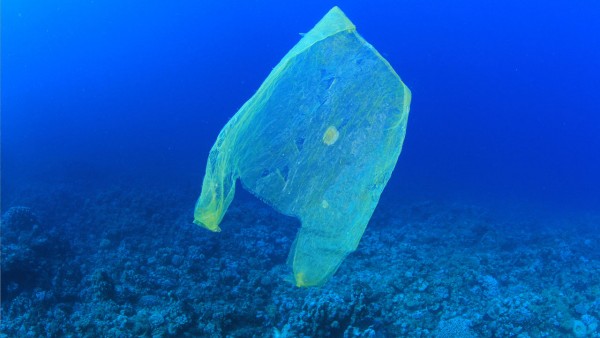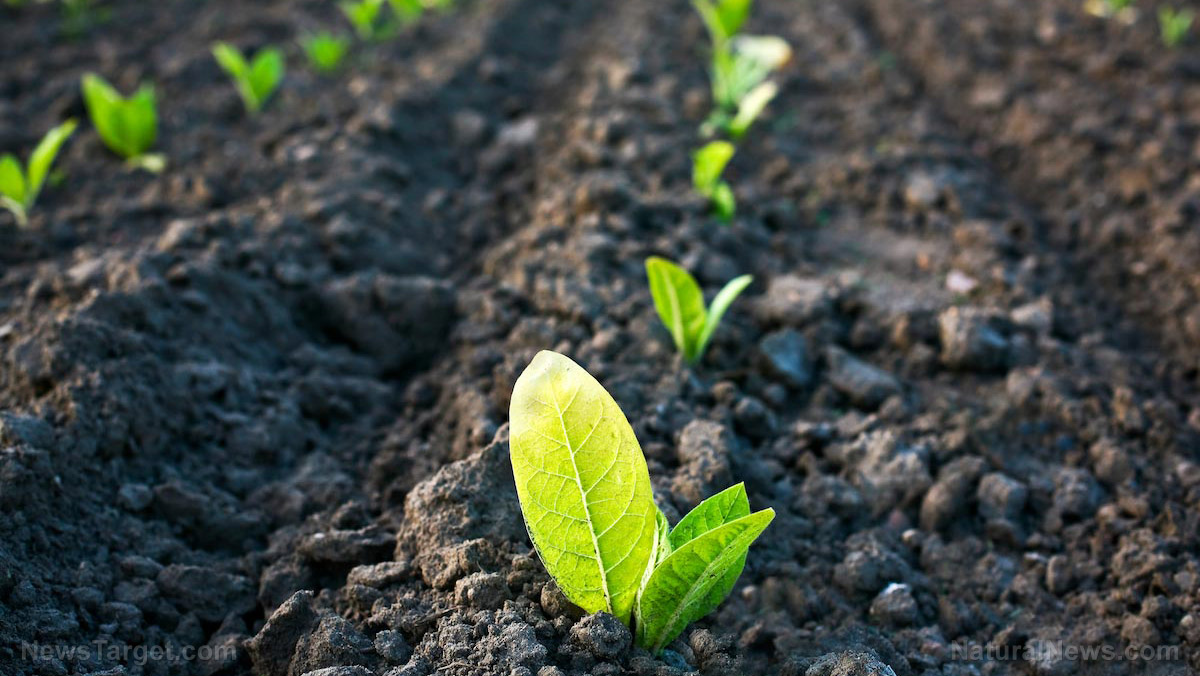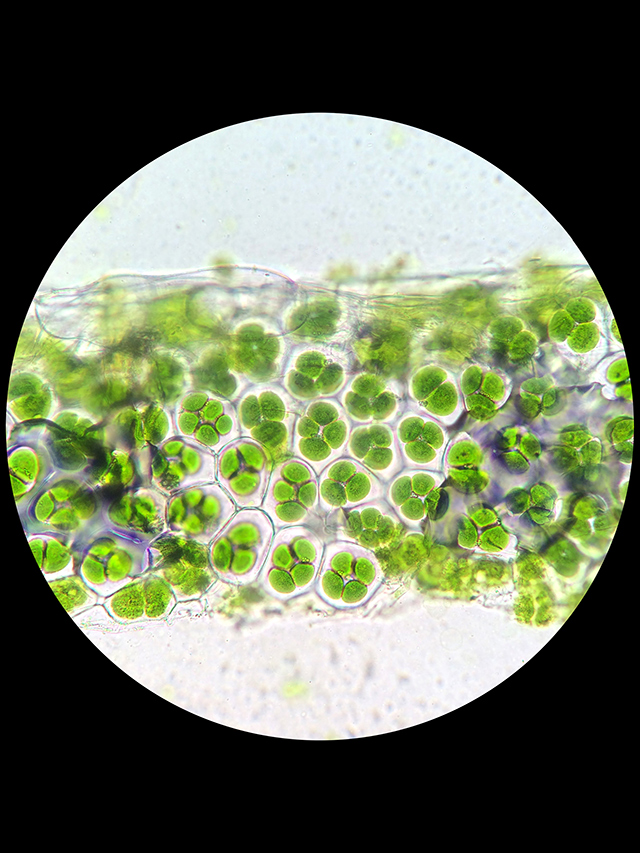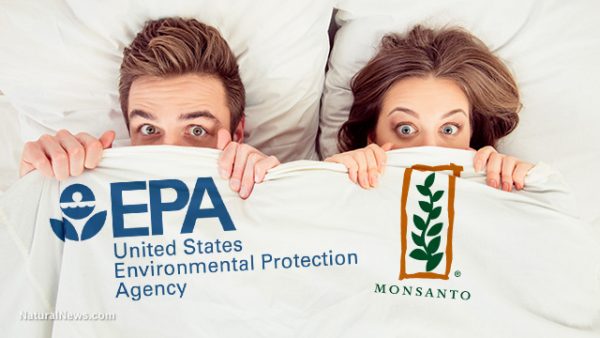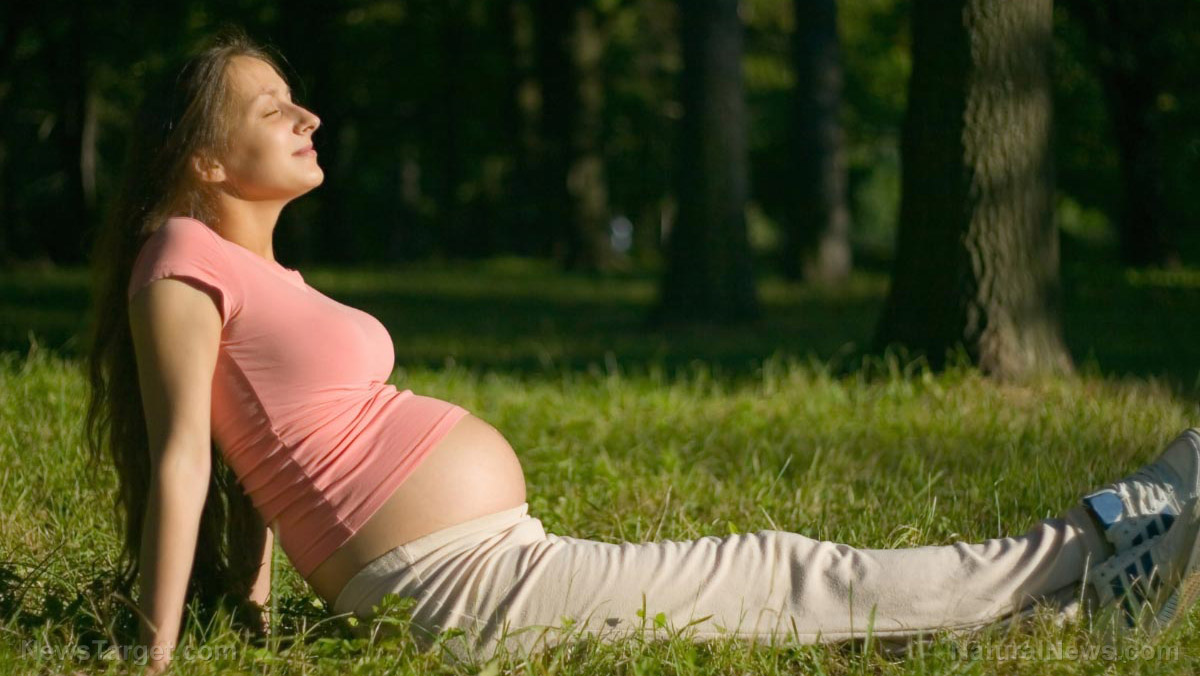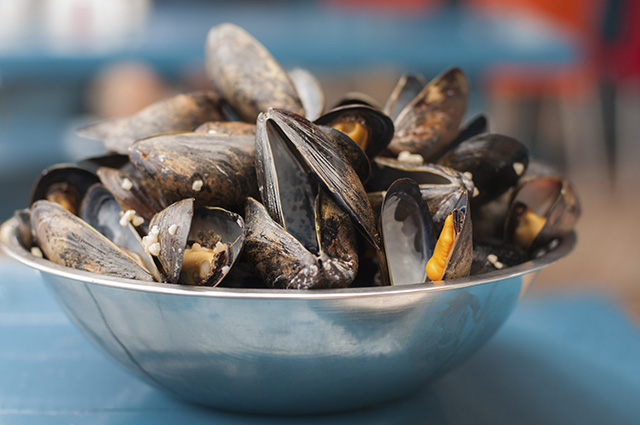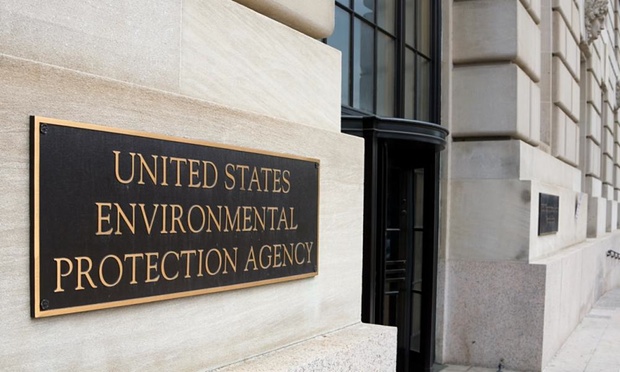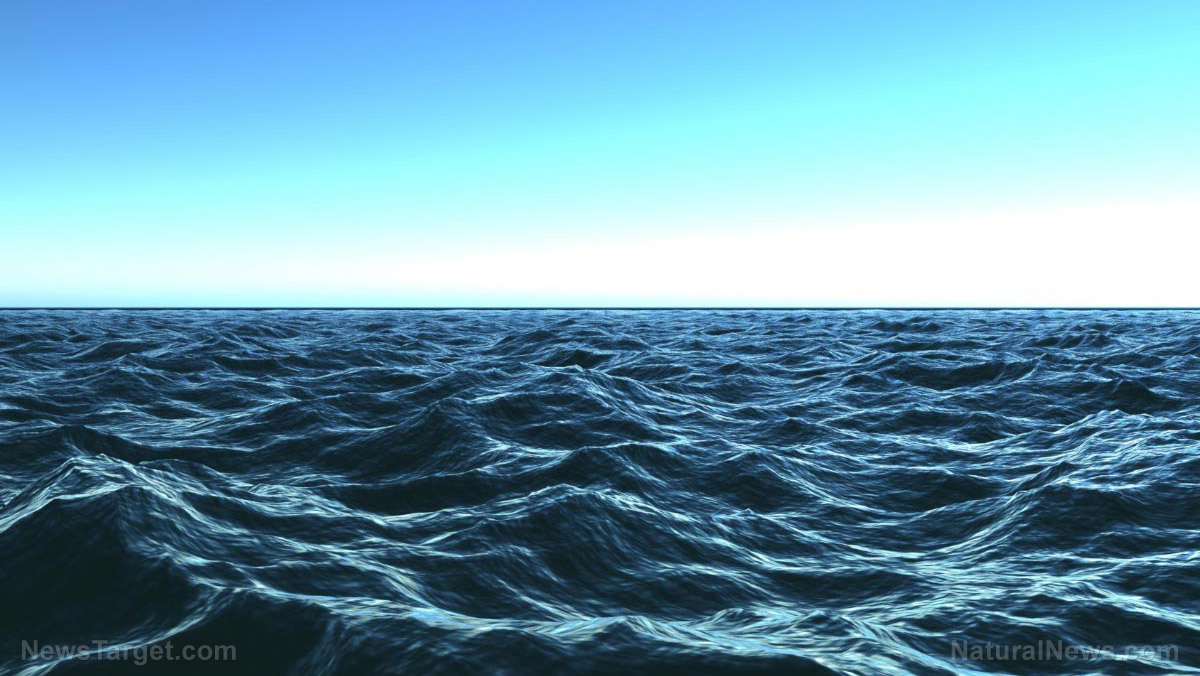07/03/2018 / By Isabelle Z.
In honor of World Environment Day, the U.N. is calling on decisive action to stem one of our planet’s biggest environmental threats: plastic pollution. The statistics are mind-blowing: 8 million tons of plastic end up in our oceans and seas each year. The number of microplastics found in the ocean outnumber the stars in the galaxy, and the problem has grown so bad that experts predict our ocean will contain more plastic than fish by the year 2050.
In one of the most comprehensive reports to date on the government strategies put in place around the world to address plastic waste, U.N. experts found levies and bans to be some of the most effective methods. Analysts looked at case studies taken from more than 60 different countries. They found, for example, that bans on plastic bags and Styrofoam in places as different as Rwanda and New York City have been very effective.
Moreover, they reported that 30 percent of the countries that have placed restrictions on plastic bags have noted serious declines in bag consumption. Charges on carrier bags at supermarkets have been linked to a drop in the number of plastic bags in sea beds in the U.K., where ministers now have their sights set on reducing the use of disposable coffee cups.
Despite these successes, however, the report’s authors caution that there is still much more to be done. They’ve asked businesses to make greater efforts in recycling plastic. More than 40 U.K. businesses, including big names like Nestle, Coca-Cola and Sainsbury’s, recently banded together to create a pact to stop using single-use plastic in their packaging in the first initiative of its kind. It’s hoped that businesses in other countries will soon follow suit.
Those countries that are failing to make inroads in the fight against plastic pollution often face problems like a lack of plastic alternatives that are financially feasible and a failure to enforce strategies that have been put in place.
U.N. Environment Head Erik Solheim said that their assessment found taking action against plastic pollution can be painless and even profitable. He said that plastic itself isn’t necessarily the problem; it’s what people do with it that is causing so much damage.
Water bottles, microplastics posing big problems
The E.U. Parliament recently pledged to stop using plastic water bottles in an effort to set a good example for European citizens. The measure to phase out plastic water bottles and replace them with a network of water fountains was announced last month. In 2017 alone, European Parliament meetings and events went through a million water bottles. A ban on single-use plastics like cutlery and straws has also been proposed by the European Commission.
One of the biggest problems is that plastics break down into tiny pieces of plastic known as microplastic. Measuring less than five millimeters, sea life often mistake these microscopic plastic particles for food and ingest them. More than a quarter of the world’s fish are already showing signs of microplastic contamination. It’s not just bad for the sea life; consuming these contaminated fish can also cause health problems in humans.
It’s absolutely disgraceful to think that we could be so close to seeing an ocean with more plastic than fish in it during our lifetime. The progress being made in minimizing the impact of this problem is encouraging, but it’s clear that much more needs to be done to protect the safety of our oceans.
Sources for this article include:
Independent.co.uk
StraitsTimes.com
NaturalNews.com

